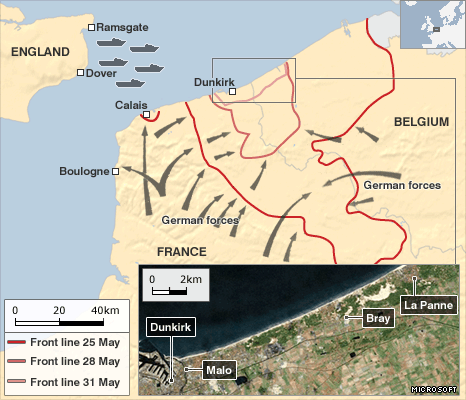“I know what you’re thinking, punk: Did I fire six bullets or only five. Being this is a Glock with seventeen rounds, it’s a moot point, but I’m doing a cognitive psychology study on people’s ability to count in stressful situation. You’ll get twenty dollars to participate. So, do you feel like helping science? Well, do ya, punk?”
Frank J. Fleming, “Action Movie Lines”, IMAO, 2010-05-18
May 19, 2010
QotD: Action movie lines
Military bureausclerosis, explained
Like many bureaucracies, the US Army has a plethora of generals running an organization that is far from its maximum historical size. Those generals all need staff, the staff need working space, transportation, support staff of their own, etc. Multiply that a few times and you get stories like this:
Gates rattled off examples of costly bureaucracy inside the military, as well. A simple request for a dog-handling team in Afghanistan must be reviewed and assessed at multiple high-level headquarters before it can be deployed to the war zone. “Can you believe it takes five four-star headquarters to get a decision on a guy and a dog up to me?” Gates said to reporters Friday.
The Armorer gets to the real point of the story, rather than the one Gates thinks he’s making:
I’ll just take this statement: “Can you believe it takes five four-star headquarters to get a decision on a guy and a dog up to me?”
And say — “Gee, Mr. Secretary, I can’t believe that a decision on a guy and a dog has to get to you.”
If you’re making those kinds of decisions, that’s just another reason the Services have put that many Generals in the loop.
This is what, in the private sector, is called micromanagement and it’s generally thought to be a bad thing, and a sign of incompetent leadership. What’s it called in the US Army?
Haute stoner cuisine
There are so many restaurants now that some of them can even specialize to serve tiny demographics . . . like “restaurants created specially for the tastes of the slightly stoned, slightly drunk chef after work.”
Even preschool teachers unwind with a round of drinks now and then. But in professional kitchens, where the hours are long, the pace intense and the goal is to deliver pleasure, the need to blow off steam has long involved substances that are mind-altering and, often enough, illegal.
“Everybody smokes dope after work,” said Anthony Bourdain, the author and chef who made his name chronicling drugs and debauchery in professional kitchens. “People you would never imagine.”
So while it should not come as a surprise that some chefs get high, it’s less often noted that drug use in the kitchen can change the experience in the dining room.
In the 1980s, cocaine helped fuel the frenetic open kitchens and boisterous dining rooms that were the incubators of celebrity chef culture. Today, a small but influential band of cooks says both their chin-dripping, carbohydrate-heavy food and the accessible, feel-good mood in their dining rooms are influenced by the kind of herb that can get people arrested.
Remembering Dunkirk, 70 years on
This is the 70th anniversary of the Dunkirk evacuation, where 338,000 British and French troops were carried out of the German encirclement by just about everything that could float.
“Without Dunkirk, Britain wouldn’t have had an Army and it’s extremely questionable whether Britain could have fought the war,” he explains.
Mr Hewitt gives the credit to the Royal Navy and Admiral Sir Bertram Ramsay, who led the operation, but also to all the civilians who helped.
“They thought they would bring back 30-40,000. In the end they rescued 338,000 British and French troops. It’s an extraordinary achievement.”
And this pulling together of civilians and the military meant an event that could have been seen as a failure became, in fact, a key turning point in World War II.
“Dunkirk was a military defeat, but it was a symbolic victory,” he adds.





